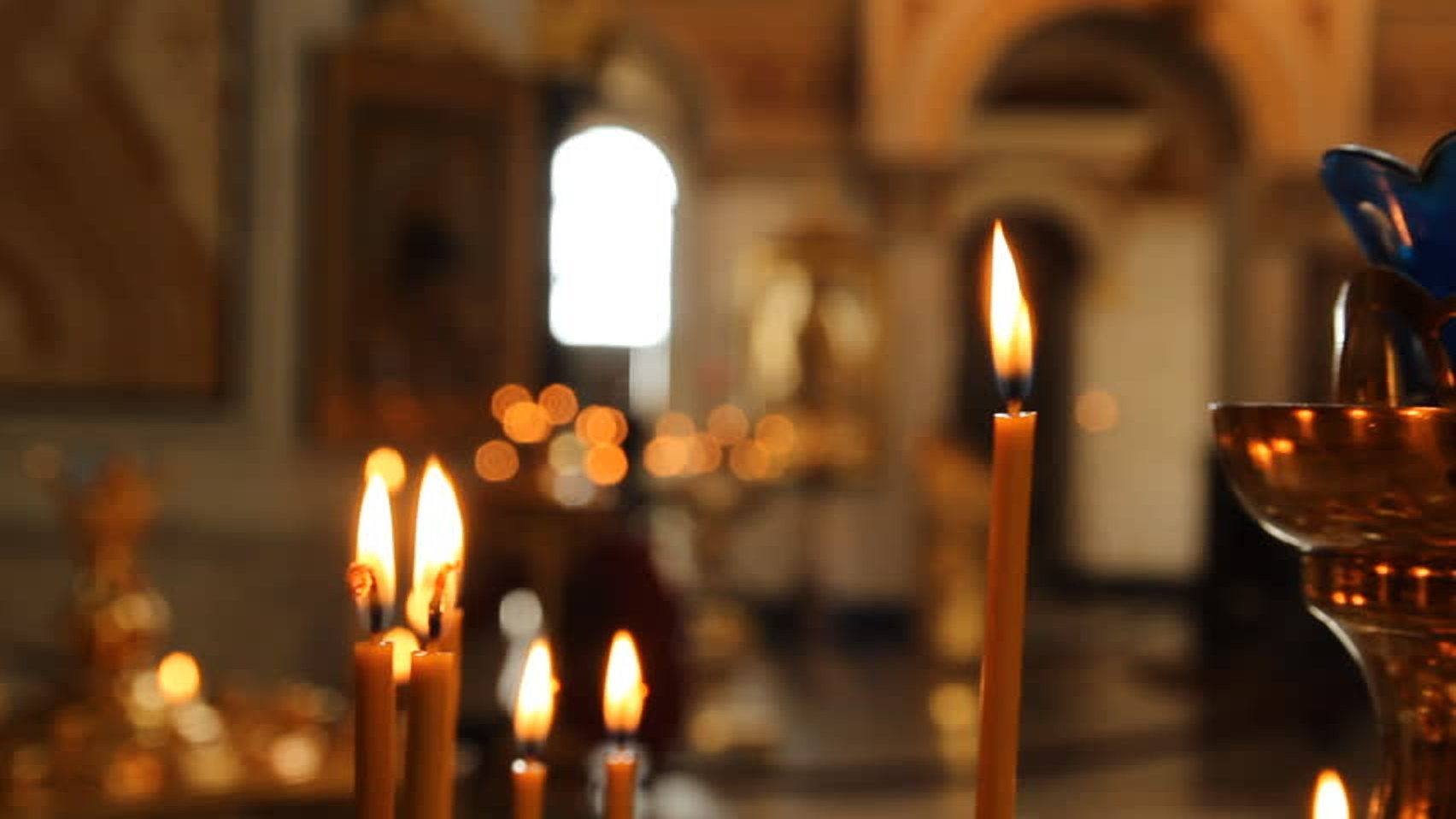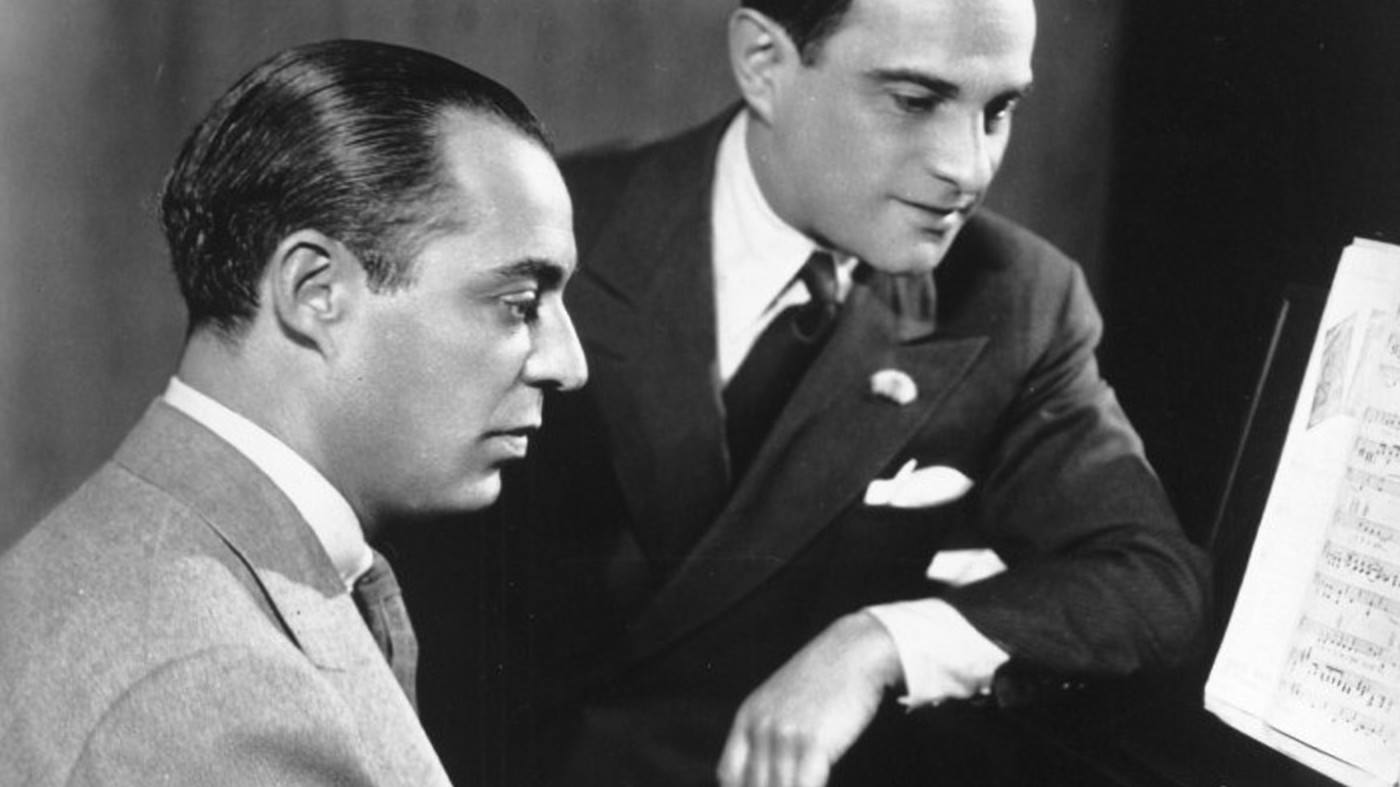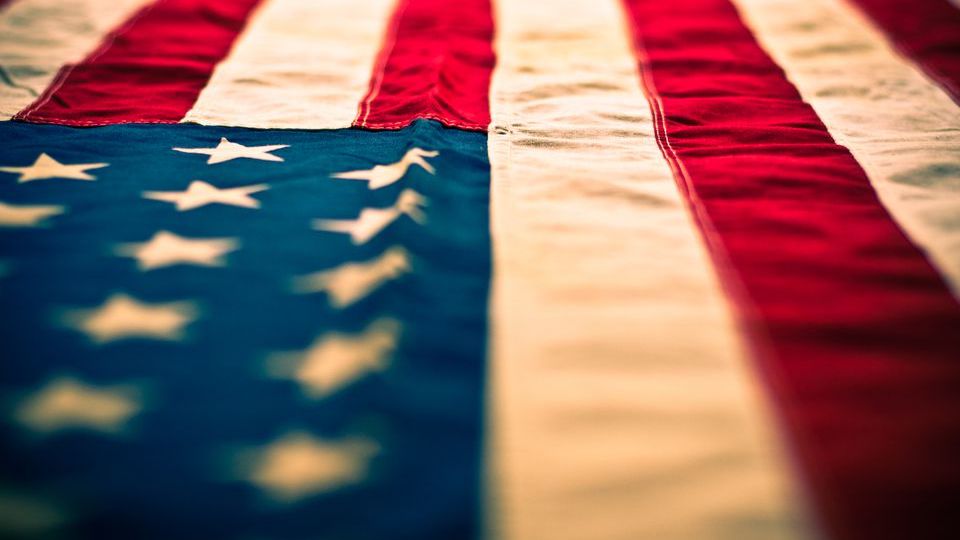Tchaikovsky’s “Hymn of the Cherubim”: A Celestial Meditation
Hymn of the Cherubim is an excerpt from the Liturgy of St. John Chrysostom, Op. 41, a sacred, a cappella choral work Tchaikovsky completed in 1878. It was the first “unified musical cycle” of settings of the Divine Liturgy of Saint John Chrysostom, one of the central eucharistic services of the Eastern Orthodox Church. The core of the text is attributed to Saint John Chrysostom, Archbishop of Constantinople in the 5th century. “A vast and untrodden field of …







